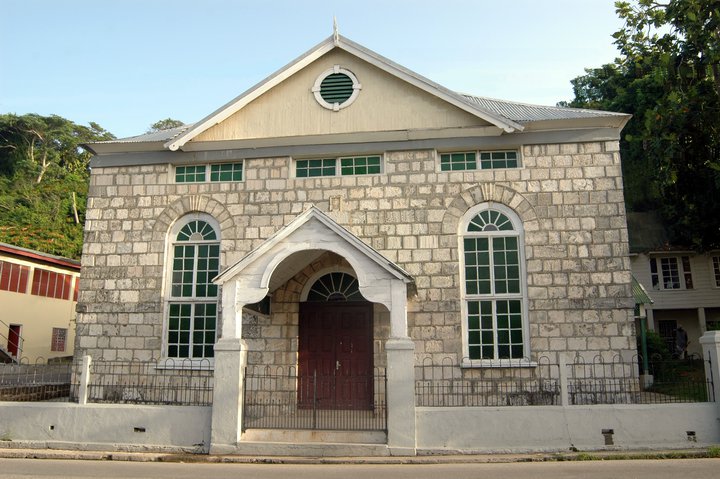Genealogy can certainly mean different things to different people. It is a curiosity for most, a hobby for many and an obsession for some. However, there are some common threads that all people share when looking towards the past.
According to Nadine Gentles, Research Officer at the Registrar General’s Genealogical Research Department, persons who use the services they offer do so to discover their family background and ascertain historical information about their family lineage.
The research conducted by the department, she said, can tell a story about a family and provide factual evidence on the cause(s) of death through generations. Gentles said, the research can also identify the actual origin of a family and discover family members who are unknown.
“We have a fascinating product offered by the Registrar General’s Department. We help persons to answer questions relating to their immediate and extended families. There are many Jamaicans both locally and overseas who are curious to find out who their relatives are,” Gentles said.
The Registrar General’s Department (RGD), with its earliest record dating back to 1663, offers Genealogical Research at an affordable cost to all persons interested in identifying their family history.
“All persons interested in using the Genealogical Research facility are required to complete an application form. The applicant will indicate the number of generations they wish to include in the search (how far back they want to go); names, places and dates of birth, places and dates of death, and places and dates of marriage, for as many parents, grandparents and great grandparents,” explained Gentles.
“The RGD Research Unit will subsequently carry out its investigations by conducting interviews, visiting previous residences, visiting final resting places, checking RGD’s records database (repository of indices of all vital events) and conducting other index searches,” she outlined.
Genealogical research results are prepared within four to six weeks of payment. To trace one’s family history, the applicant must ensure that the application form is accurately completed and as much information that is available is provided to the research unit.
At the end of the search the applicant will receive, via email or mail, a report of all the findings. A family tree, which is a graphical structure of the family line, can be provided at an additional cost, and a family member’s certificate can be purchased for events occurring before 1879.
“Apart from obtaining historical information, persons use our services to settle estate matters, and to locate relatives of deceased persons to claim for inheritance,” Gentles said.
“Our clients are normally curious to determine a relationship to some historical person, to some member of the nobility or to famous persons such as movie stars and athletic personalities. Some are also interested in extending and re- connecting with family units, which have been fragmented and separated,” she added.
Gentles said they are also able to trace causes of deaths through generations in order to assist in medical research. “Based on our findings we can plot an ancestral medical tree that tells of common causes of deaths in a family, including diabetes, hypertension and heart disease. We have also discovered uncommon illnesses in our research.”
Persons who are curious about their family history can collect all the records they can – birth, marriage, death or adoption certificates, deed polls or any other documents or interview relatives they have contact with for information on family history.
When you have obtained as much information as possible, visit the Registrar General’s Department or complete their genealogical request form online. Alternately, you can email the RGD at genealogy@rgd.gov.jm.


